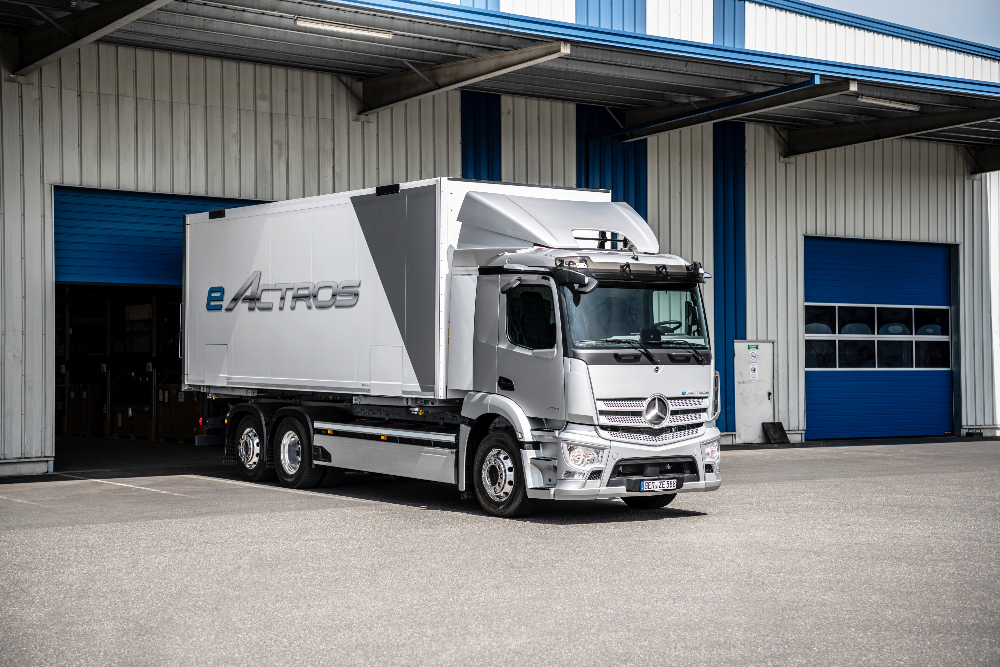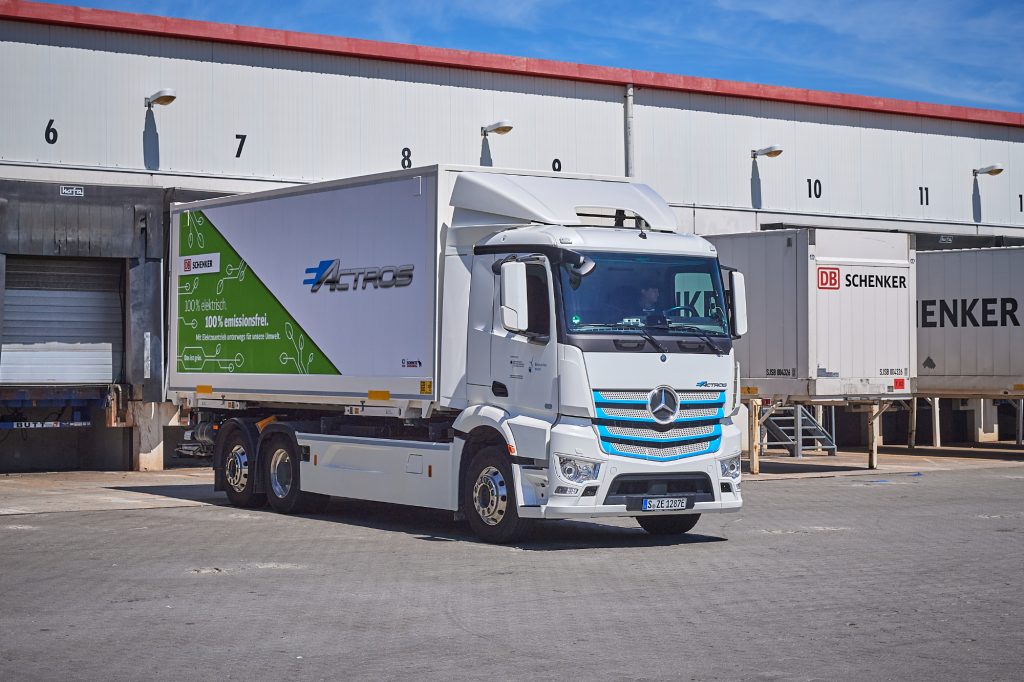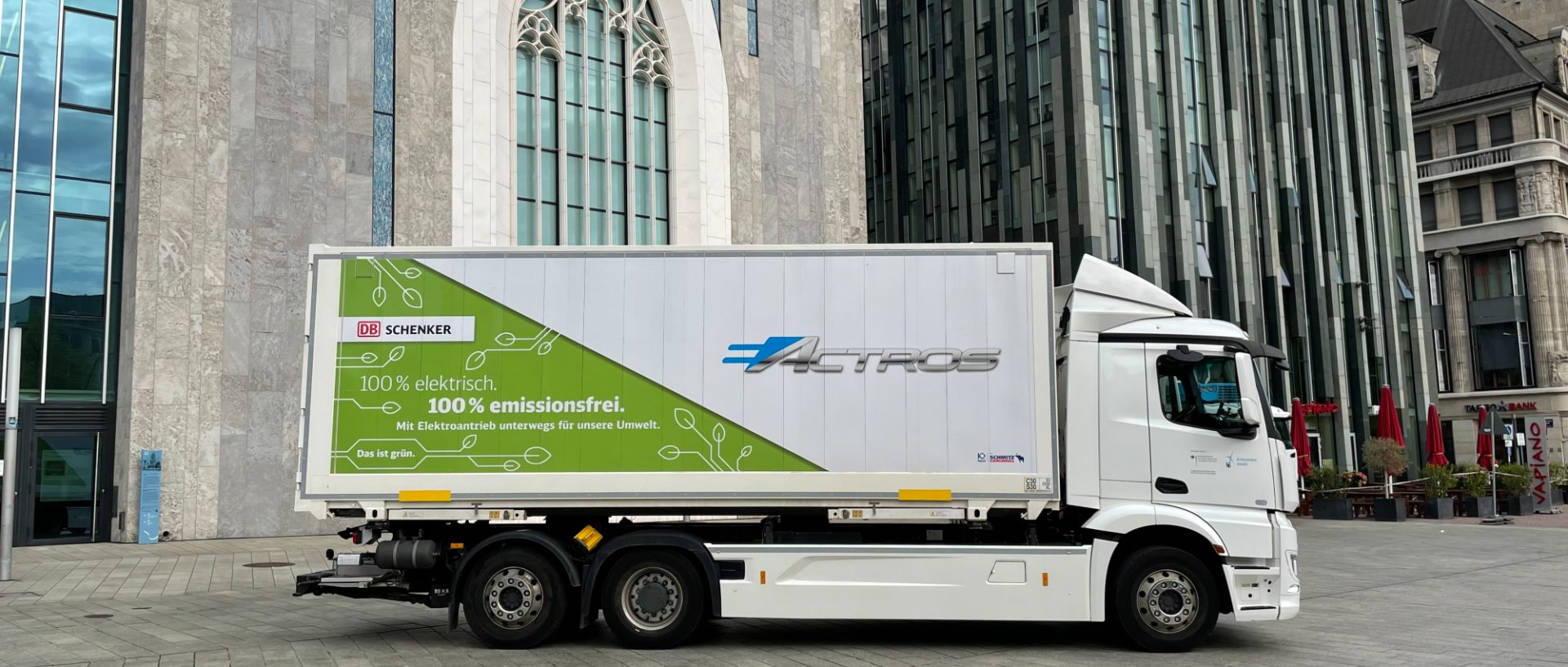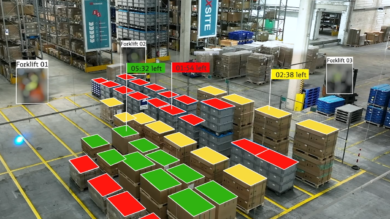200 kilometers range, a recharging time of four to six hours, locally CO2-neutral – these are just some facts that make Daimler’s fully electric eActros prototype, an attractive alternative addition in innovative e-fleets in logistics’ Land Transport business or for the transportation industry.
With the world striving towards achieving a ‘net zero’ carbon emissions status by 2050, decarbonization of road transportation, amongst other modes of transport, has become a crucial topic amongst industry leaders, with truck transportation one of the key areas where progress is needed.

Since 2018, the electric truck eActros, with a gross vehicle weight of 18 to 25 tons, has been tested by numerous customers of Daimler. In different phases of this pilot project, the industry is testing whether an e-fleet, like the eActros prototype, can eventually replace a conventional diesel truck to contribute towards this ambitious goal.
Practical tests of the eActros prototype
With the practical tests, Daimler aimed to work together with customers to move swiftly forward with the development of the Mercedes-Benz eActros to the point where it becomes a viable proposition in tough everyday operations – both technically and commercially. Daimler began this process by creating an innovation fleet and supporting its testing in the day-to day logistics’ Land Transport business of customers.

After three years, since inception, the different customers of Daimler strike a balance. DB Schenker is the first customer of the second test phase, using the eActros prototype for tasks that would otherwise be performed by conventional trucks. The logistics service provider has been testing the eActros prototype since June 2020 at its site in Leipzig, Germany. Within 240 days, the eActros delivered goods within city logistics to around 25 customers per day. Having completed thousands of kilometers and all of that without emitting CO2 – the pilot project was a great success for DB Schenker.
“The eActros is a great alternative to conventional diesel trucks as it is able to replace it 1:1. We did not have to adjust our processes; we did not lose efficiency or productivity. The only difference was that the truck driver had to charge the battery at the end of the day.”
The recharging of the batteries is possible overnight. Within four to six hours the eActros is once again powered up and ready to take on the road for a further 200 kilometers of operational distance with a possible load of around eight tons.
In cooperation with Daimler, DB Schenker will further explore possibilities to establish electric trucks in its future innovative e-fleets in the logistics’ land transport business.
Published: July 2021










